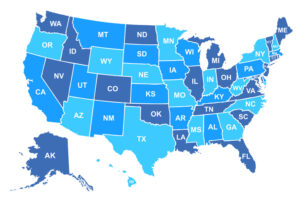The Final 2025 Notice of Benefit and Payment Parameters: Implications for States

The Centers for Medicare & Medicaid Services have recently finalized rules and standards governing health plans and Marketplaces under the Affordable Care Act. In a recent Expert Perspective for the State Health & Value Strategies project, CHIR’s Sabrina Corlette and the Urban Institute’s Jason Levitis summarize provisions that have implications for states.





